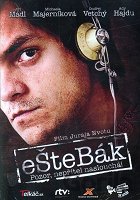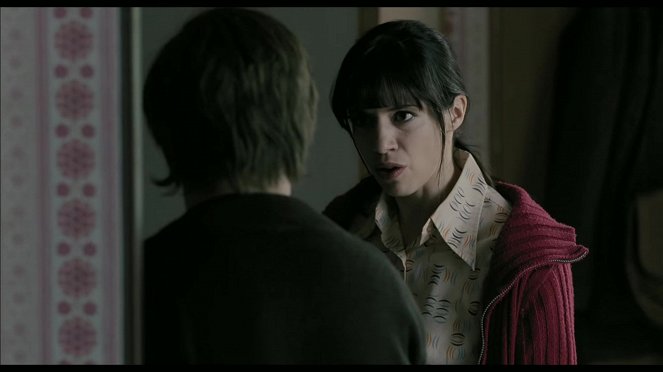Reżyseria:
Juraj NvotaScenariusz:
Ľubomír Ján SlivkaZdjęcia:
Jan MalířObsada:
Jiří Mádl, Michaela Majerníková, Ondřej Vetchý, Jan Budař, Ady Hajdu, Táňa Pauhofová, Martin Geišberg, Marek Geišberg, Jakub Nvota, Ľubomír Burgr (więcej)Opisy(1)
Koniec lat 60. XX wieku. By ochronić przed represjami państwa swoją ukochaną Evę, młody telegrafista Adam nawiązuje współpracę z StB – czechosłowackimi komunistycznymi służbami bezpieczeństwa. Jego zadaniem staje się podsłuchiwanie obywateli i gromadzenie kompromitujących materiałów. (Kino na hranici)
Recenzje (4)
The police and snitch era of normalisation was nasty, that's for sure (I had my share of it), but if we have to deal with the past in this way, I'd rather not. The unnatural dialogues are toe-curling, as if they were written by a young conservative who admires Václav Klaus, or like watching a two-hour long agitprop. And Mádl is an uncharismatic acting tragedy. If you want the secret police theme, better watch Špaček’s Walking Too Fast, and when it comes to wiretaps, you won’t make a mistake with Kachyňa’s The Ear.
()
The Confidant is probably the first ever well-made movie set in Slovakia after the revolution that focuses on the country’s history. And I don’t mind at all that a number of Czech actors make an appearance, I’m rather happy about that. It’s evident that Nvota conceived this story in a global way and didn’t only focus on Slovakia, because Mádl, Vetchý and Budař make up for a high-class acting league. They’re also perfectly complemented by Slovak actresses whose beauty downright dominates the movie. Some of the shots are also flawless, especially the overflying fighter jets that I loved so much. But considering how heavy the story was, the movie was very difficult to watch. I can’t imagine the types of people portrayed by Budař or Vetchý. I thought that the ending was very sad, although it was in a spirit of joy. Especially when I realize that there’s many more stories like this.
()
The Confidant certainly deserves an analytical analysis from many points of view, for example, the continuation of the "cinematically attractive" treatment of the turn of the golden sixties and normalization, with the further cooperation between Slovakia, Poland, and the Czech Republic, the theme of eavesdropping, a young marriage in crisis, etc., etc., etc. So what is the result? It’s a formally acceptable result, but unfortunately, it is a fairy tale with typified gags and scenes. The realities of a prefabricated apartment with a plasterboard core bear quite the load, especially when such details as wallpaper are effectively incorporated into the plot. However, the acting is very unbalanced, and all the sidetracking about all parties hearing everything or the young wife in crisis going out with the first guy who asks her out for coffee... there's nothing to admire about that. There are some nice moments here and there, like Ady Hajdu or Marek Geišberg, but that's about it. Mádl plays the main role with the help of two expressions, and never-mind Goldflam. A vain memory of the vastly superior The Lives of Others (2006).
()
It's still a film about coming to terms with the communist past, with snitching and opportunism, to a certain extent quite predictable in its course. But on the other hand, it's a film adorned with good acting performances, with Vetchý brilliantly portraying an incredible scoundrel. Also positive is the focus on only a few characters and a certain modesty of the film.
()

